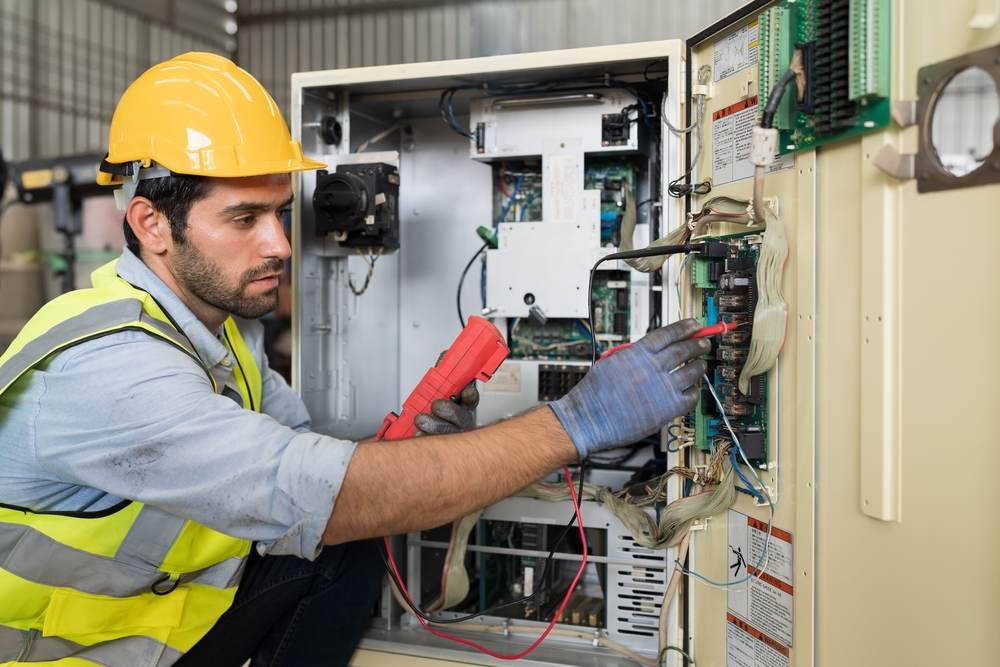There are serious threats to your life and your house when there is an electrical emergency. To avoid these threats, preventive measures and routine maintenance are crucial. Ten useful suggestions are offered in this article to assist you avoid electrical emergencies and maintain the efficiency and safety of your house.
The 10 Tips You Need to Prevent Electrical Emergencies
1. Continual Examinations of Electrical Systems
To evaluate and maintain the electrical system in your house, schedule yearly inspections with a licensed electrician. Before they cause issues, these experts can spot possible risks like old wiring, clogged circuits, or malfunctioning equipment.
2. Recognize the Electrical System in Your House
Learn the arrangement of the circuits and the electrical panel in your house. Being aware of which circuit links to which area of your house will enable you to promptly locate problem areas and take appropriate action.
3. Put in Place Sufficient Surge Protection
Electrical fires and appliance damage can result from power surges. To defend against unforeseen surges, install surge protectors on your main electrical panel and on each of your expensive gadgets.
4. Frequently Test Your Smoke Detectors
Test your smoke detectors once a month to be sure they are operating properly. Replace the detectors themselves after 10 years, and change the batteries yearly or as needed.
5. Use the Appropriate Wattage for Appliances and Light Fixtures
Make sure that appliances and light bulbs are always within the appropriate wattage range for the fixture or outlet to which they are attached. Overloading may result in overheating and even igniting a fire.
6. Check Cords and Plugs Frequently
Look for wear or damage on all cords and plugs. In order to avoid shocks or fires, frayed or exposed wires should be replaced right away as they offer a serious risk.
7. Maintain the Dryness of Your Electrical System
Combining electricity and water can be hazardous. Make sure that no wire is exposed to moisture and maintain the dryness of any electrical fixtures. This is particularly crucial in kitchens, baths, and outdoor spaces.
8. Handle Flammable Materials with Care
Store combustible materials far from outlets and electrical appliances. Maintaining a safe distance stops electrical device heat or sparks from accidentally igniting nearby objects.
9. Child-Proof Your Outlets
Put safety caps or tamper-resistant containers on unused outlets if you have little children. This keeps kids from sticking anything in outlets, which could cause shocks.
10. Acquire Knowledge About Circuit Breaker Usage
By using your circuit breaker appropriately, you can avoid electrical overload and maintain control over the situation if there is an electrical problem. Understand when to completely turn off the breaker and how to reset it safely.
In Conclusion
Being informed and proactive is key to preventing electrical emergencies. A solid basis for preserving a safe electrical environment in your house is provided by these ten suggestions. Electrical danger concerns can be considerably decreased with routine maintenance and a basic grasp of your electrical system.
Don’t put off thinking about safety until there is an electrical emergency. Make an appointment with a qualified electrician right now to have your home’s electrical system inspected and to carry out any required maintenance or repairs.
